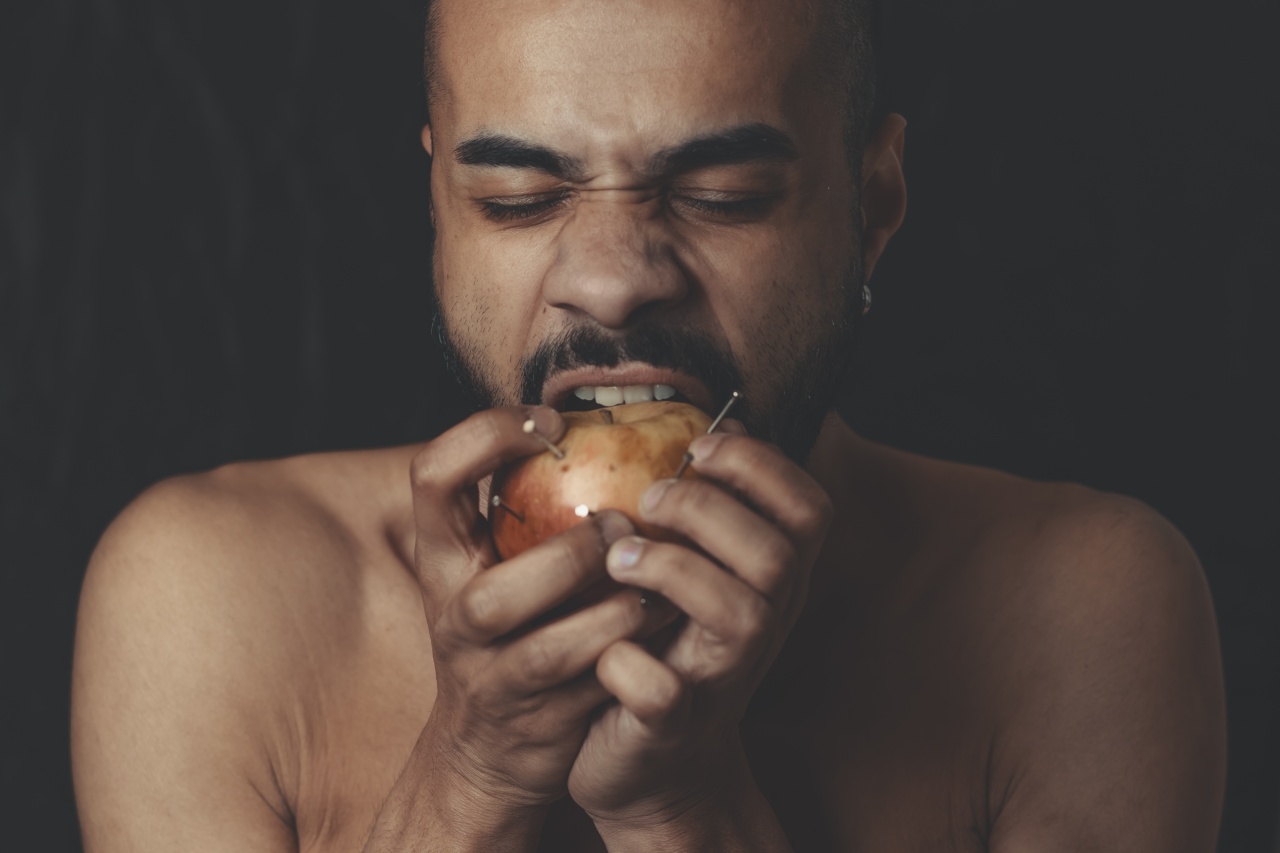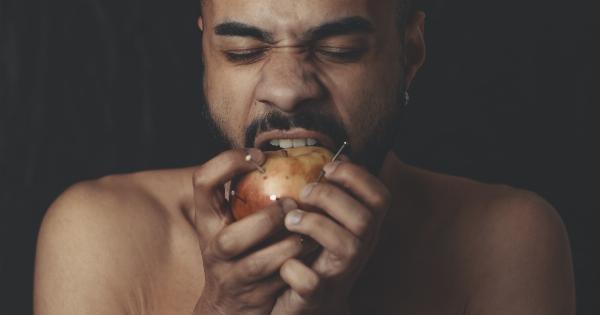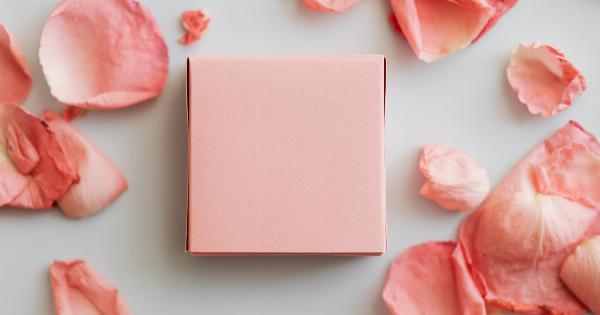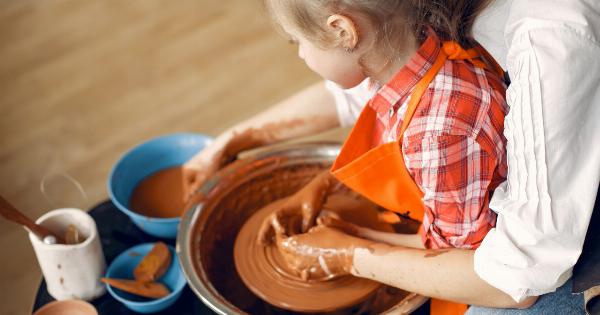Nail biting is a common habit that many people engage in, but few realize the hidden dangers associated with it.
Whether you have been biting your nails since childhood or you picked up the habit during a particularly stressful time in your life, it is important to be aware of the risks you are taking when you engage in this seemingly harmless activity.
1. Infections and Open Sores
Nail biting can result in broken skin around the fingernails and cuticles, which can lead to infections and open sores. The mouth is a breeding ground for bacteria, and when you bite your nails, you are introducing harmful germs into your body.
If you have any cuts or scrapes on your hands, nail biting can increase the risk of infection.
2. Dental Problems
When you bite your nails, you are putting a lot of pressure on your teeth. Over time, this can lead to chips, cracks, and other dental problems. In extreme cases, nail biting can even cause your teeth to shift out of place or become misaligned.
3. Damage to your Nail Bed
The constant biting and pulling of the nails can cause damage to the nail bed, which can result in poor nail growth and other nail-related problems.
If you have been biting your nails for a long time, you may notice that your nails are thin, brittle, and peeling. This is a sign that your nail bed has been damaged.
4. Spread of Germs and Illness
Nail biting can also increase the spread of germs and illness. If you are constantly putting your hands in your mouth, you are more likely to come into contact with viruses and bacteria that can make you sick.
Additionally, when you bite your nails, the germs and bacteria on your hands can easily spread to other surfaces, putting others at risk for infection.
5. Emotional and Mental Health Problems
While most people view nail biting as a harmless habit, it can actually be a sign of underlying emotional and mental health problems. Stress, anxiety, and boredom are just a few reasons why people may turn to nail biting as a coping mechanism.
If left unchecked, these underlying issues can lead to more serious mental health problems, such as depression and anxiety disorders.
6. Grooves on Teeth
When you bite your nails, you may not realize it, but your teeth are grinding against each other, which can cause deep grooves in your teeth. Over time, these grooves can lead to more serious dental problems, such as cavities and tooth decay.
7. Warts and Other Skin Problems
When you bite your nails, you are exposing yourself to all kinds of germs and bacteria that can cause warts and other skin problems.
Additionally, if you have any cuts or scrapes on your hands, you are more likely to develop warts and other skin problems.
8. Interference with Daily Life
Nail biting can interfere with your daily life in a number of ways. If you are constantly biting your nails, you may find that it is difficult to perform certain tasks, such as typing on a keyboard or opening a jar.
Additionally, nail biting can be a distraction that takes away from your ability to focus on important tasks.
9. Damage to Nail Structure
Nail biting can cause damage to the structure of your nails, which can result in flimsy, uneven, and unhealthy-looking nails. This can be particularly embarrassing for people who value healthy and attractive nails.
10. Ingestion of Harmful Chemicals
If you apply nail polish or other chemicals to your nails and then bite them, you are exposing yourself to potentially harmful chemicals. These chemicals can be absorbed into your body, which can have negative health consequences.
Conclusion
While many people view nail biting as a harmless habit, it is important to be aware of the hidden dangers associated with it. From infections and dental problems to emotional and mental health issues, nail biting can have serious consequences.
If you are struggling to break the habit, it may be helpful to seek professional help or try self-help techniques, such as mindfulness meditation or cognitive-behavioral therapy.































